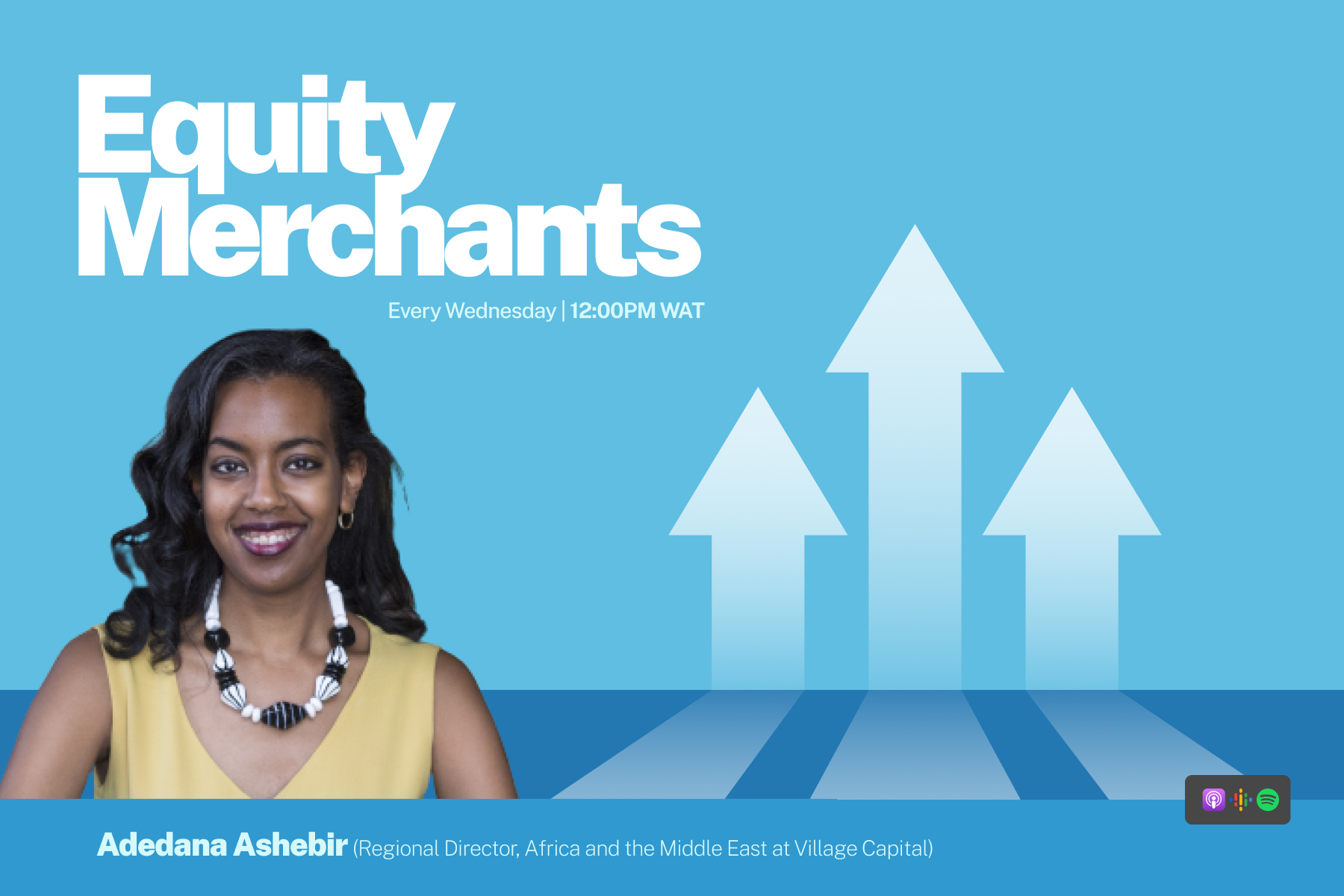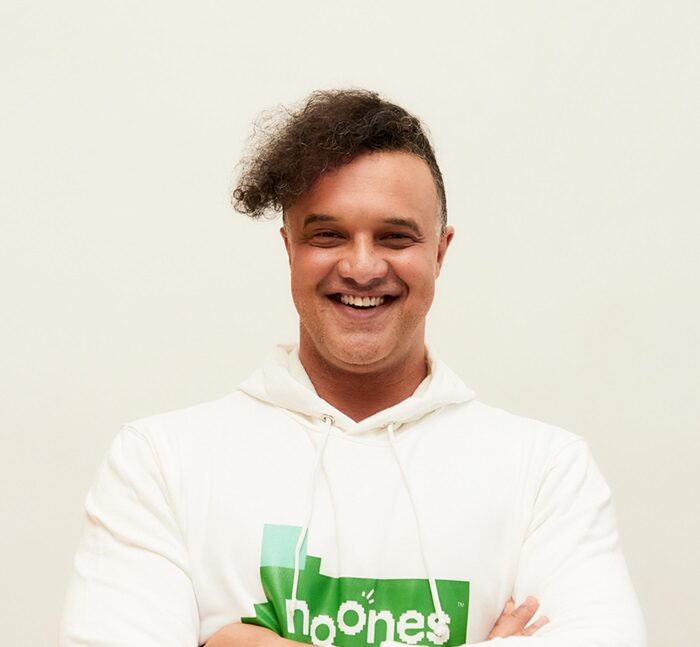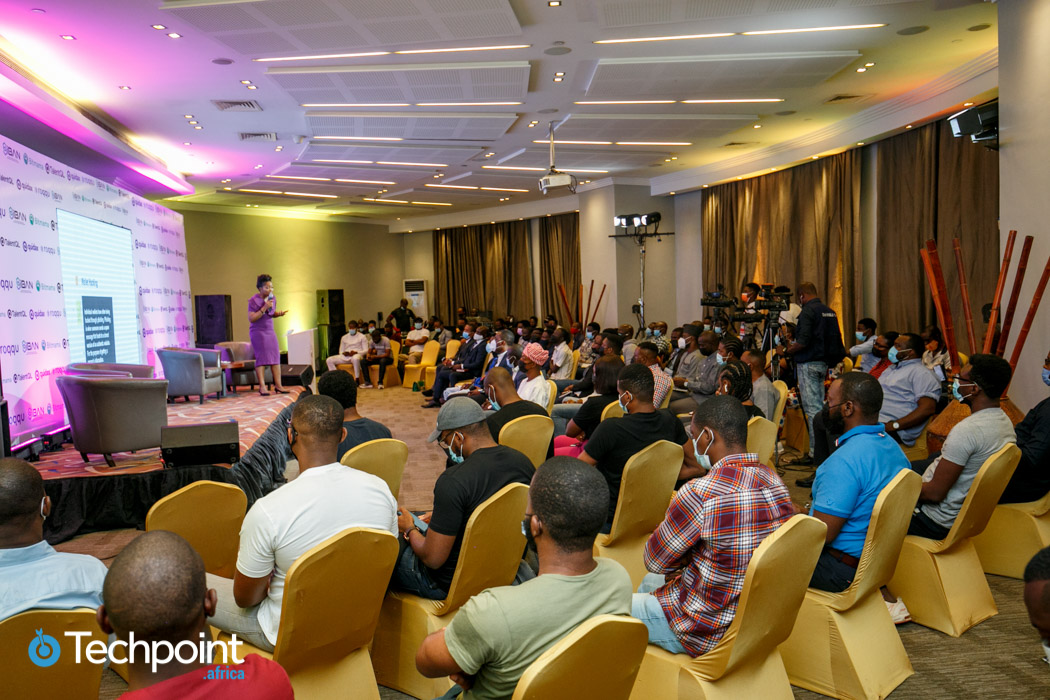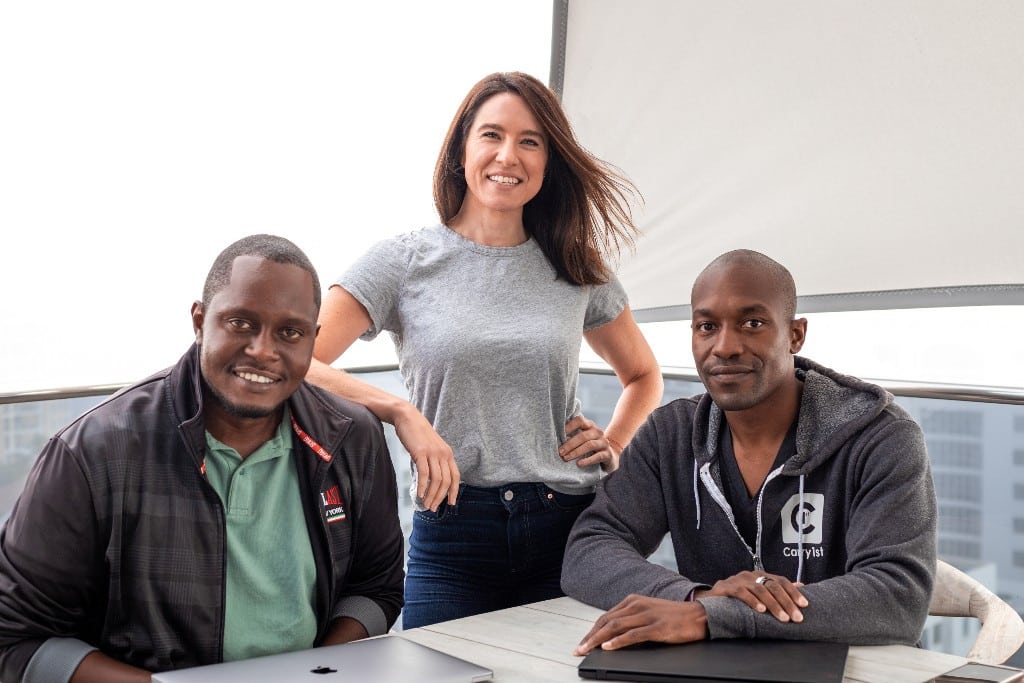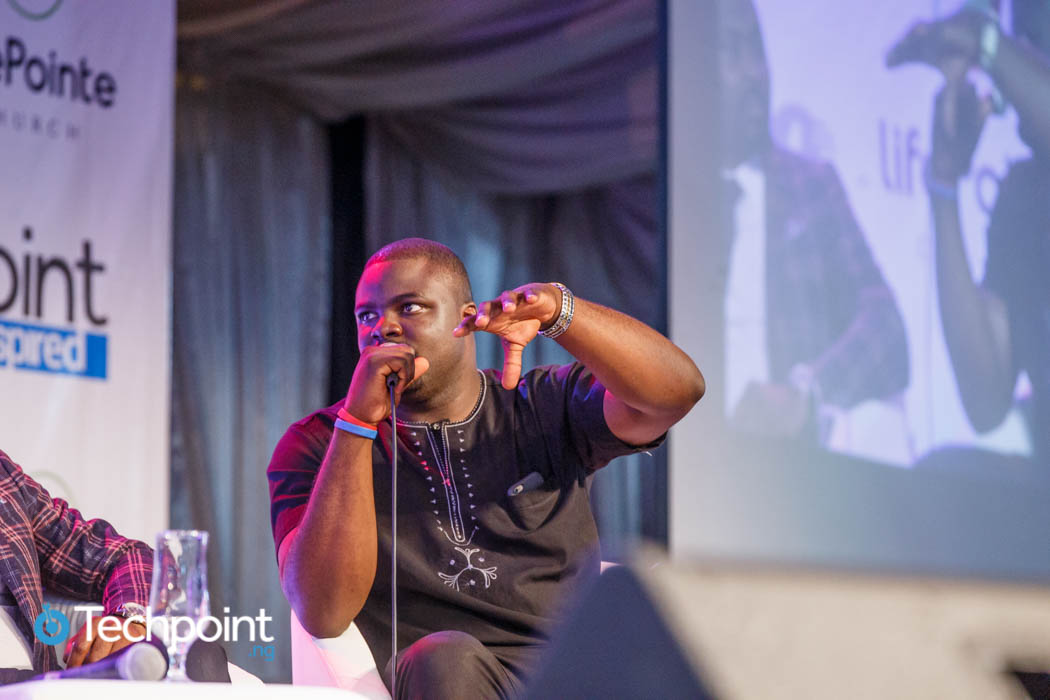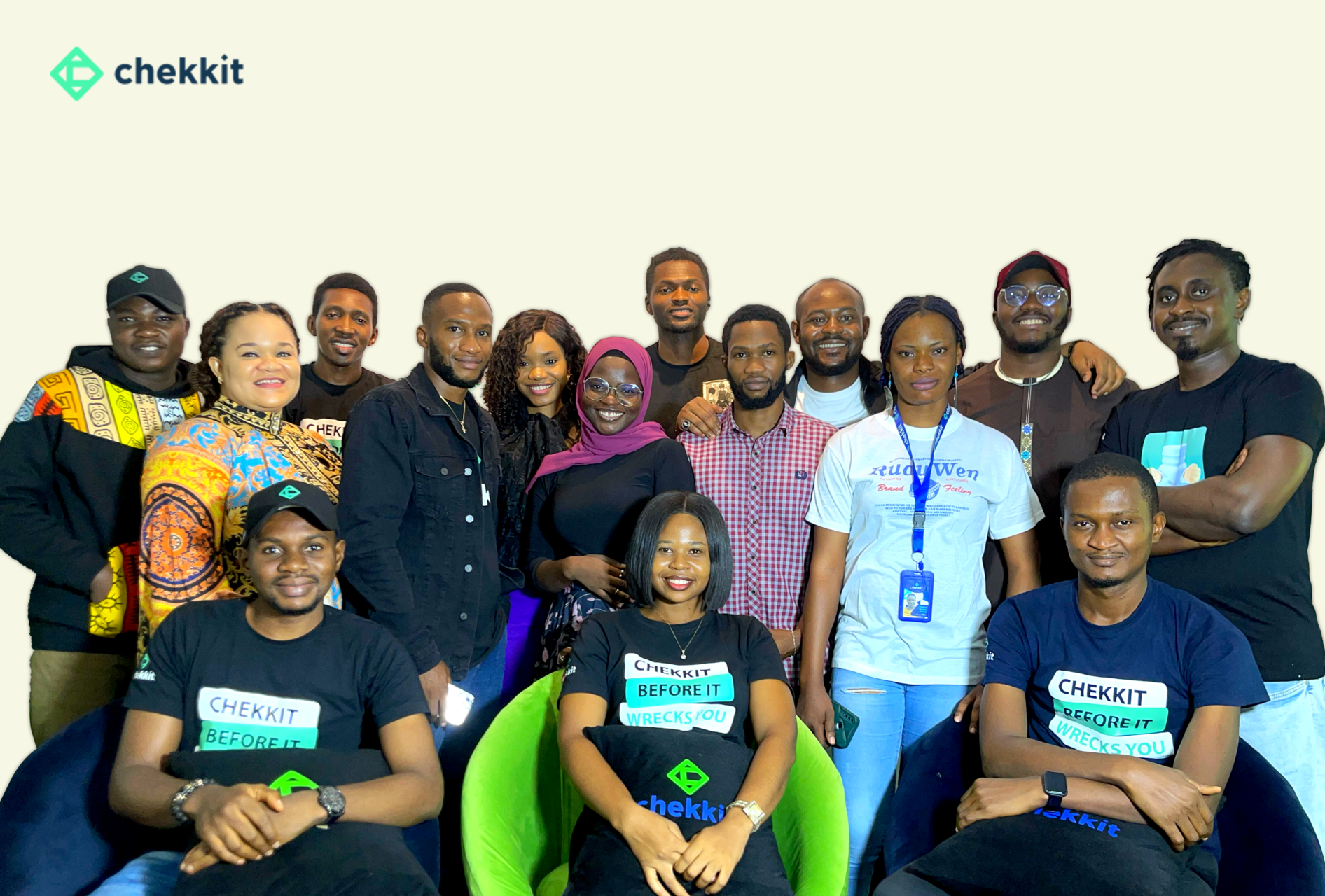When a Harvard undergraduate named Mark Zuckerberg conceived the idea for a social network, he aimed to build a platform for Harvard students to connect.
Eighteen years later, Facebook, the social network he created, is now the largest social network globally, influencing everything from marketing to relationships and even job searches. To be clear, Facebook is not the only popular social networking platform, but with over one billion users, its impact cannot be overstated.
While going through Facebook in 2014, Adedana Ashebir came across her friend’s post. It advertised an internship at the African Leadership Network (ALN) — an invitation-only community of African leaders — so she applied. Before this, she had completed her undergraduate degree at Yale University, earning a Bachelor's degree in Environmental Studies.
A Master's degree in Environmental Management followed soon after while she briefly studied in China. Her plans to become a freelance journalist after graduation had not worked out and the job at the ALN presented an exciting opportunity.
She was hired and within two weeks, was in Kenya. What was supposed to be a three-month internship soon became a three-year stay at the ALN before her move to Village Capital, where she now works as the Regional Director for Africa and the Middle East. Like her first role at the ALN, social media played a part, as she was headhunted through LinkedIn.
Investing in exceptional founders
Village Capital was founded in 2009 by two entrepreneurs based on their belief that while talent and ideas are evenly distributed, opportunities are not. As a result, Village Capital operates somewhat differently from most VC firms in that entrepreneurs ultimately decide which startups receive investments.
Most startups that get into Village Capital’s programmes are post-revenue, but they occasionally accept pre-revenue startups. Ashebir points out that these startups usually have great founders or are building a unique product. In its 13-year history, Village Capital has invested in over 100 companies, including some of Africa’s most notable names – PiggyVest, Youverify, and Wanda Organic.
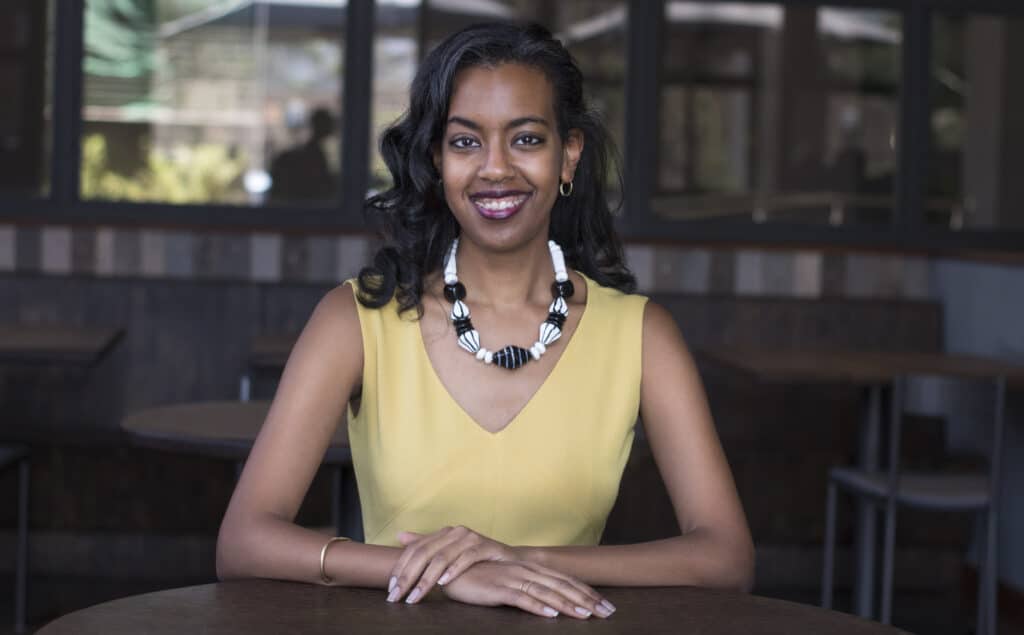
Every VC firm has a thesis — something that guides their investment activities. For some, this could be an industry focus, and, for others, a focus on what stage the startup is at. Curious about what drives Ashebir’s work with entrepreneurs, I probed and got an intriguing response.
“I really root for the underdog in my personal life. I like to see people that you wouldn't expect to win or that people would probably ignore because they don't look like winners win. And that's effectively what we do at Village Capital. We're all about the underdog, and that really aligns with my views about the world.”

Join over 3,000 founders and investors
Give it a try, you can unsubscribe anytime. Privacy Policy.
With Village Capital running numerous programmes for African entrepreneurs, Ashebir disclosed that it was difficult to pick one founder or startup she desperately wanted to succeed. However, she shared that she is excited about developments in sectors such as education, the future of work, and the creative economy.
On upskilling African youth and improving women’s participation in tech
Experts believe that by 2050, at least half of the African population will be under 25. Ideally, that is an exciting proposition regarding what it means for productivity on the continent. However, going by the state of things, that is likely to be a huge problem.
Graça Machel, the widow of the late South African apartheid leader, Nelson Mandela, warned of the dangers neglecting Africa’s youth could pose while speaking to The Guardian in 2018.
“Even though our youth have the potential to transform Africa, if neglected, they could exacerbate poverty and inequality while threatening peace, security and prosperity,” Machel said.
On the other hand, women in Africa continue to suffer from years of exclusion from most economic activities. Despite having some of the highest rates of female entrepreneurship globally, African women only receive a fraction of venture capital that comes to the continent, and Ashebir had some thoughts on both subjects.
“If you want people to show up, you must be welcoming. People don't go to a party if they don't know they're invited. You’ve got to invite people to the party if you really care about who shows up to the party and make sure people feel like they want to stay when they're there. And that's not necessarily a woman thing. Many of the people that immediately come to mind when I think about my work network are my fellow women who are crushing it, starting funds, working at funds, or running their businesses.”

The problems solved by African startups run the gamut from food security to education, health, and finance. Ashebir cautions that regardless of this, there are some roles that the government must play.
“We tend to ask entrepreneurs to solve all the problems. At some point, there has to be some government planning and forethought about who is in the country, what kind of jobs are needed, what kind of education is required for these jobs, how accessible is said education, and what you are going to do to make it accessible if it's not accessible.”
Fortunately, some governments are already stepping up in this regard. In April, the Kenyan Institute of Curriculum development approved a coding syllabus for primary and secondary schools in the country.
Storytelling and building for the global market
The average investor sees about one thousand pitches annually, and entrepreneurs must stand out. For many, that means using storytelling, and while this could be manipulated, Ashebir admits that she does not worry about that.
“I don't go into rooms worried about that because even if you learn how to tell a story, everything has to be true. So I don't mind that someone learnt how to tell a story to pitch or speak with me.”
She, however, pointed out some important things to watch out for when pitching to investors.
“I think what is more important is the content of what you're saying, who you are, and why you are building this company. You could spend your time doing anything, but you've decided to do this, so what’s the reason?”
Adedana Ashebir.
With the number of Africans who can afford the services provided by startups not growing fast enough, some people believe that a solution for profitability is building products that can be used globally. Ashebir thinks that while this is great, ultimately, every entrepreneur has to decide what kind of product they want to build.
“This is very specific to each person, but every founder has to decide for themselves about the type of company they want to build, who their most valuable customer is, and who they want to serve. Every founder doesn't have to have the goal of global domination.”

